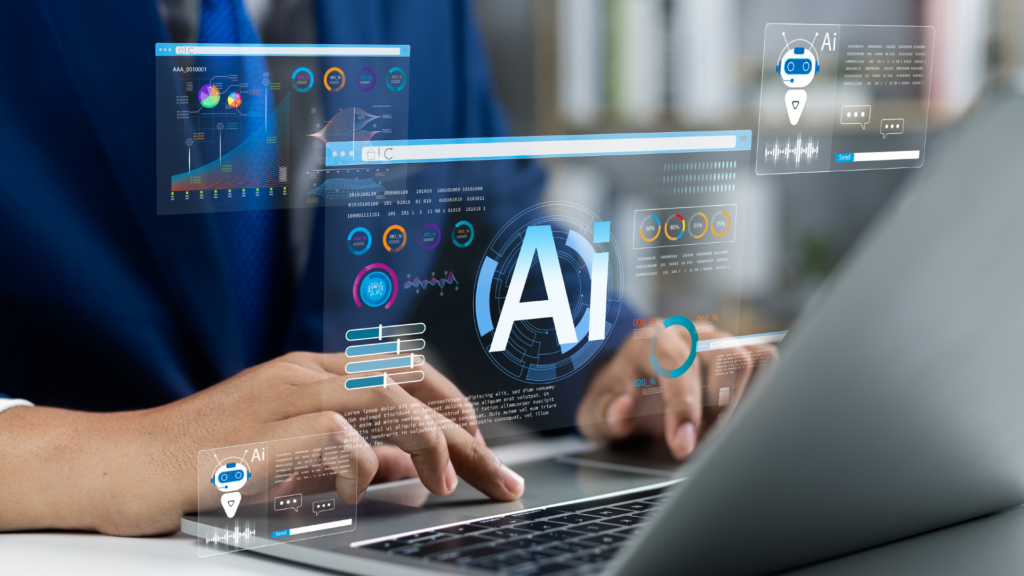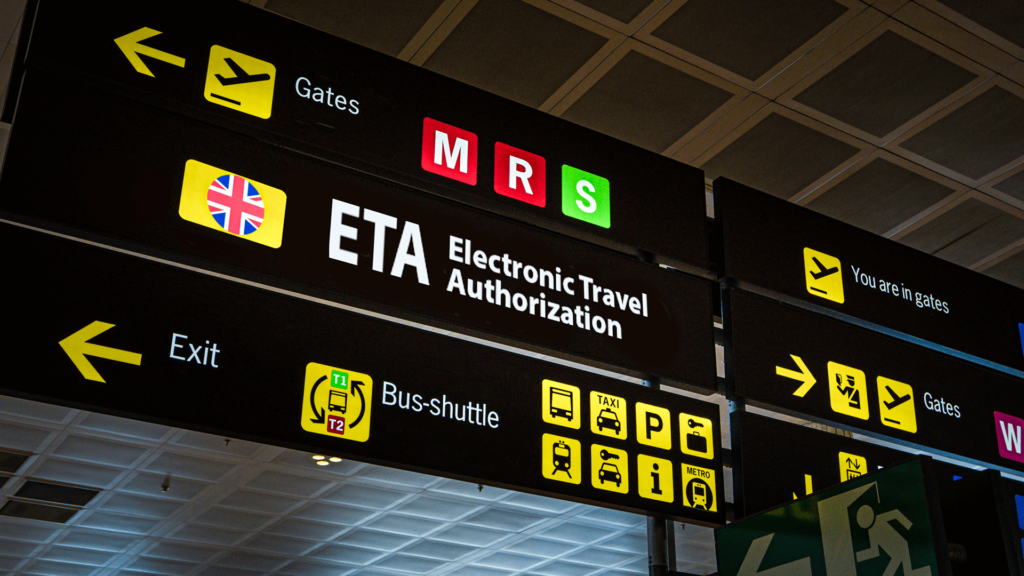In their strategy report published on 27 August 2025, the Trades Union Congress (TUC) advocate for worker involvement in AI development and implementation in the workplace. The TUC wrote:
As the federation of 47 independent unions representing over 5 million workers in the UK, the TUC is calling for a step change from government to build a pro-worker AI innovation strategy.
Adopting AI is at the forefront of many employers’ agendas, but fully understanding the implications of it can feel overwhelming. This article should be useful for employers who need to monitor employment law updates and prepare their own strategies for implementing AI fairly and responsibly.
Gemma Bailey and Alexandra Jones summarise the TUC’s key recommendations and set out their thoughts on what employers can do to prepare below.
What are the building blocks proposed by the TUC?
The TUC make the following proposals to encourage worker involvement in AI development and implementation:
- Public sector: AI and other digital systems should be developed and delivered in-house as a default; Mandatory good work standards and trade union recognition should be in all public contracts.
- Employment rights: Employers should be required to undertake mandatory AI impact assessments before deployment; Workers should have enhanced data rights so they can access information about themselves that has been generated by AI; Elements of human oversight should be encouraged to ensure accountability for AI-supported decisions.
- Collective bargaining: Extending the scope of collective bargaining to include the introduction of AI technologies.
- Corporate governance: Requiring companies with over 250 employees to have board-level worker representation, with one-third of directors being workers elected by the workforce.
- Support for workers: Employers should be mandated to invest more into employee training and skills development on AI; Extending the Industrial Strategy plan to develop AI workforce strategies for every industrial strategy sector.
- Research: Government support of research programmes to develop AI technology that is worker-complementary for industries particularly exposed to disruption from AI (i.e. finance, communications and the creative industries).
How can employers prepare for AI development and implementation in the workplace?
The emergence of AI in the workplace can feel overwhelming—not only do employers have to understand AI but they also need to address and manage the concerns of their employees. Some of the most common concerns include the perceived impact of AI on job roles and security, on recruitment practices (and the possibility of discriminatory outcomes) and data protection. Therefore, it’s important for employers to plan ahead and begin preparing their own strategies to enable the smoother implementation of AI in their workplaces. Here are some tips for what employers can do to prepare:
- Undertake risk assessments to assess the likely impact of AI technologies
- Invest in training and skills development to ensure employees are AI-fluent
- Promote a culture that welcomes and encourages AI and innovation
- Consult with employees to give them an opportunity to voice their concerns about AI implementation
- Develop effective policies to govern the use of AI in the workplace—these policies may address concerns about any impact of AI on recruitment practices and employee data protection.
How can we help?
If you have any questions in relation to AI and how it may affect your business, please get in touch with us. One of our experts would be happy to assist.




